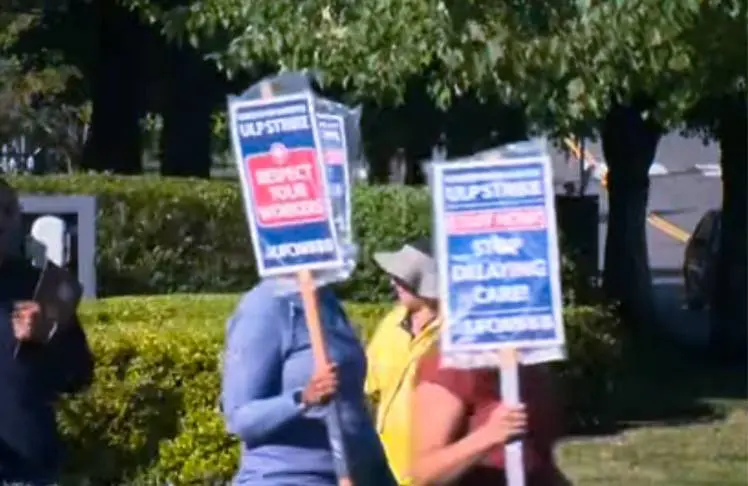
Recently, the healthcare industry in Oregon has been marked by a significant event — the strike of pharmacy workers at Kaiser Permanente facilities. This strike is led by dedicated healthcare professionals. The strike is independent of a strike by more than 75,000 healthcare workers at Kaiser Permanente facilities across six states from Oct. 4-6.
Kaiser Permanente, one of the leading healthcare providers in the United States, employs a dedicated team of pharmacy workers responsible for ensuring patients receive the medications they need safely and efficiently. These workers, including pharmacists, pharmacy technicians, and other staff, are essential to the smooth operation of the healthcare system, playing a vital role in patient care. Pharmacy healthcare workers at Kaiser Permanente medical facilities in Oregon and Southwest Washington began a 21-day unfair labor practices (ULP) strike Sunday morning, according to the union that represents the workers.
Issues such as fair wages, adequate staffing levels, reasonable working hours, and improved working conditions have been central to the workers’ demands. Striking workers have expressed concerns about heavy workloads, which can compromise patient safety, and the need for competitive compensation reflective of their expertise and dedication. The UFCW Local 555 said pharmacy and imaging workers voted on the 21-day strike between Sept. 10 and 16.
Patients relying on Kaiser Permanente’s pharmacy services may experience delays or disruptions in their access to medications, underscoring the interconnectedness of fair labor practices and the quality of healthcare services. Reports say pharmacy workers will start picketing every day at four Portland metro area locations from 6 a.m. until 7 p.m. from Sunday until Saturday, Oct. 21, when the ULP strike is scheduled to end.
During bargaining back in April with the coalition of workers, the two sides agreed to a joint goal of hiring 10,000 new people for coalition-represented jobs by the end of 2023. Kaiser Permanente says it has hired more than 50,000 employees across the country in the past two years, including 22,000 so far this year, of which more than 9,800 hires are for jobs represented by the coalition.















